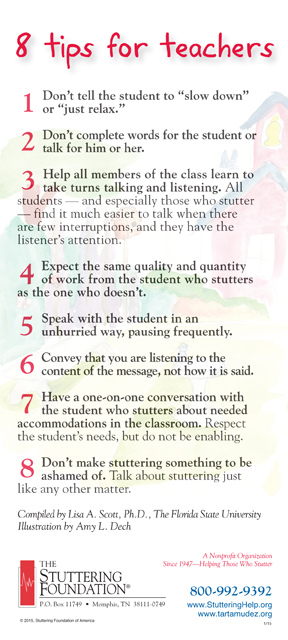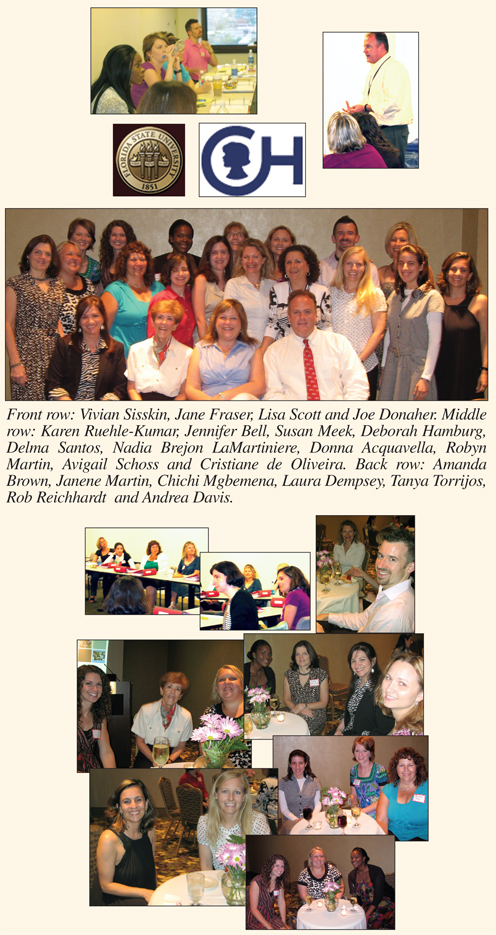Mulltimedia
On this page you'll find the various multimedia offerings of the Stuttering Foundation of America. Please share and utilize these materials in order to help people who stutter and advance the cause of the foundation. All materials can be found for purchase in our store or are available for free online through the Stuttering Foundation of America.






 Podcast
Podcast Sign Up
Sign Up Virtual Learning
Virtual Learning Online CEUs
Online CEUs Streaming Video Library
Streaming Video Library








